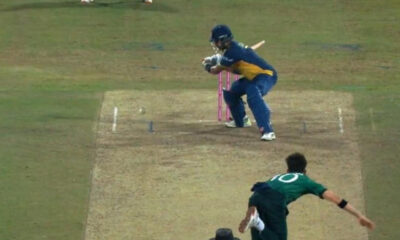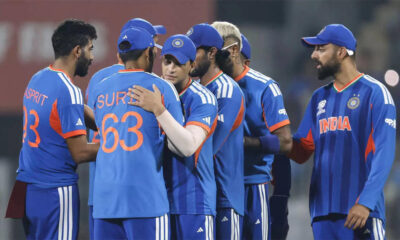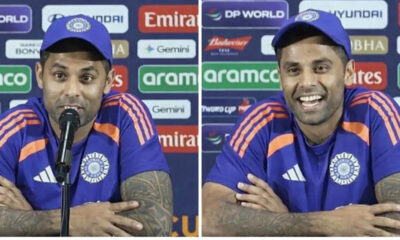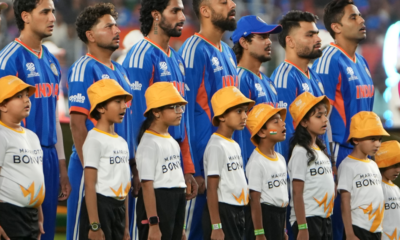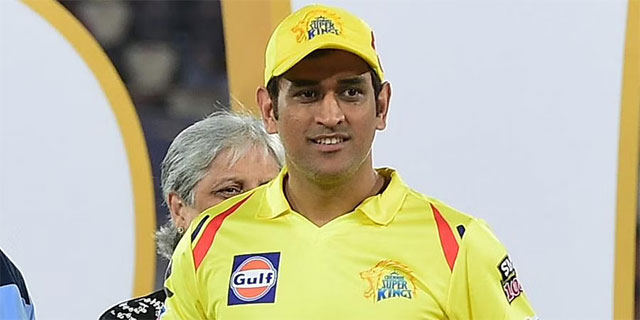

More in Sports
-


Sports
Umpire’s Controversial Call Hands Pakistan Narrow Win Over Sri Lanka
Pakistan survived a dramatic scare to defeat Sri Lanka by five runs in their T20 World...
-


Sports
India vs West Indies T20 World Cup 2026: Super 8s Showdown at Eden Gardens
India take on West Indies in a high-stakes Super 8s clash at the iconic Eden Gardens...
-


Sports
Gambhir Works With Struggling Abhishek Sharma Ahead of India’s Zimbabwe Clash
India head coach Gautam Gambhir was spotted in an intense, animated conversation with young opener Abhishek...
-


Sports
Suryakumar Yadav Slammed for Arrogance After South Africa Defeat
India’s T20 World Cup campaign hit a rough patch after a comprehensive 76-run loss to South...
-


Sports
India’s T20 World Cup 2026 Semi-Final Hopes Hang by a Thread
India’s campaign at the 2026 T20 World Cup hit a major roadblock on February 22 as...












